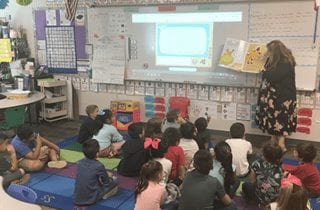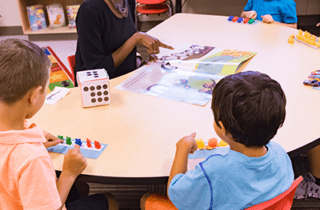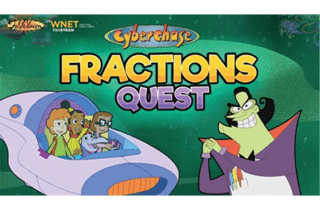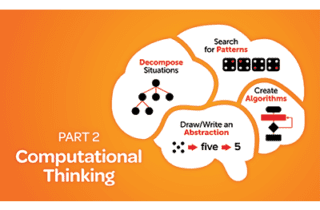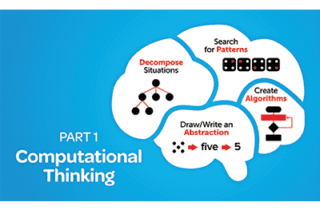Math is not easy to teach or learn. So, teachers use a variety of strategies to boost their students’ numeracy skills. But some of those approaches could be unproductive, contended Dr. Juli Dixon, Professor of Mathematics Education at the University of Central Florida, in a recent edWebinar sponsored by Houghton Mifflin Harcourt Mathematics. She described standard practices that can derail rather than support mathematical reasoning, and offered alternative methods that would benefit students far more.
Presented by Margo Dye, National STEM Content Specialist, Houghton Mifflin Harcourt
Moderated by Denise Singleton, Product Marketing Director, Core Mathematics Marketing, Houghton Mifflin Harcourt
Presented by Sara Delano Moore, Ph.D., Director of Professional Learning, ORIGO Education
Presented by Sara Delano Moore, Ph.D., Director of Professional Learning, ORIGO Education
As mathematics pedagogy moves further toward thinking about the process of getting the answer rather than just the answer itself, developing problem-solving skills is key to student success. With the continued move to distance learning and digital resources, educators need to make sure any tools support this new mindset. During an edWeb edLeader Panel sponsored by ORIGO Education, the presenters offered their key criteria for digital mathematics tools and how they should support teachers and students.
Presented by Kim Gardner, Mathematics Teacher, Dixon Middle School (UT); and Justin Backeberg, Mathematics Teacher, Reedsburg Area High School (WI)
Presented by Sara Smith, Creative Curriculum Developer, FableVision Learning; Anne Richards, Game Designer, Writer, Producer; and Bob Krech, Math Advisor, Cyberchase, WNET / THIRTEEN
Presented by Sara Delano Moore, Ph.D., Director of Professional Learning, ORIGO Education
Presented by Sara Delano Moore, Ph.D., Director of Professional Learning, ORIGO Education
Presented by Sheela Sethuraman, Founder and CEO, CueThink; Allison DePiro, District Administrator, Virginia Beach City Public Schools (VA), Lead Developer, Virginia Department of Education, and Senior Implementation Specialist, CueThink; and Sara Delano Moore, Ph.D., Director of Professional Learning, ORIGO Education




